Washington’s Warnings Revisited: Part 3
How the Farewell Address Foretold the Challenges of Modern America: Paragraphs 19 through 28
Europe has a set of primary interests which to us have none or a very remote relation. Hence she must be engaged in frequent controversies, the causes of which are essentially foreign to our concerns. Hence, it must be unwise in us to implicate ourselves by artificial ties in the ordinary vicissitudes of her politics or the ordinary combinations and collisions of her friendships or enmities.
George Washington, Farewell Address paragraph No. 19
Words 4,693 | Read Time 22 min | Enjoy
Introduction
Welcome to Part Three’s in-depth look at George Washington’s Farewell Address. If you joined us in Part One, you read an in-depth look at paragraphs 1 through 9 as we explored Washington’s views on unity, the insidiousness of political factions, and the development of national identity. In Part Two, paragraphs 10 through 18, we analyzed succeeding parts of the address, unfolding the warnings of foreign entanglements taken by Washington. Paragraphs 19 through 28 of this concluding Part Three contain timeless wisdom on American neutrality and national unity.
Table of Contents
On this post’s online PC-based browser version, the Substack Table of Contents feature is to the left edge of this window on your device’s screen. Click on the “ladder” bar to open the TOC for easy navigation.
George Washington Farewell Address, September 19, 1796: Part 3 (paragraphs 19 through 28)
Paragraph 19 - Hence, therefore, it must be unwise in us to implicate ourselves
Europe has a set of primary interests which to us have none or a very remote relation. Hence she must be engaged in frequent controversies, the causes of which are essentially foreign to our concerns. Hence, therefore, it must be unwise in us to implicate ourselves by artificial ties in the ordinary vicissitudes of her politics or the ordinary combinations and collisions of her friendships or enmities.
Contemporary Rewrite
Europe has core interests that are unrelated or only distantly connected to ours. As a result, it frequently is involved in conflicts that have little to do with our concerns. Therefore, it would be unwise to entangle ourselves in these matters through unnecessary alliances or get involved in the shifting dynamics of politics, friendships, or rivalries.
Today’s Reality
George Washington cautioned against entanglement in Europe’s affairs, which he characterized as impelled by “primary interests” having little to do with the United States, and against alliance or involvement of the young nation in the political parrels of Europe, which he contended would be unnecessary and perhaps damaging.
In today’s reality, Washington’s warning holds both relevance and contrast. The world has grown much more interconnected, with global economies, military alliances, and international institutions like NATO and the nefarious United Nations linking the fates of nations far more closely than in Washington’s era. The rise of global threats, such as terrorism, pandemics, and economic crises, has made it difficult for any nation, including the U.S., to remain entirely uninvolved in international affairs, particularly in Europe, where some global issues have their epicenters. The complexity of this modern global landscape underscores the weight of current foreign policy decisions. Hence, therefore, it must be unwise in us to implicate ourselves by artificial ties in the misadventures of Europe’s politics.
Yet, Washington’s principle of avoiding unnecessary entanglement is still relevant. Centuries later, the U.S. vacillated between significant international involvement and periods of subdued foreign policy. For instance, intervention in European conflicts during World Wars and the Cold War could be a necessary response to existential dangers. In contrast, more recent debates on U.S. involvement in European security, including NATO obligations and responses to conflicts in Ukraine and the Middle East, come to mind. They serve as an excellent example of how relevant the juggling of this ideal is in the backdrop of being a global superpower with vested interests worldwide. The ongoing debate over U.S. involvement in international affairs underscores the urgency of this topic.
The underlying message of Washington’s caution—resisting involvement in foreign conflicts where U.S. interests are marginal—still resonates in modern debates over how much the U.S. should intervene in Europe’s and other regions’ political and military affairs. While the U.S. today operates on a global stage that Washington could not have imagined, the balance between isolation and engagement remains a critical question of U.S. foreign policy.
Paragraph 20 - Our detached and distant situation
Our detached and distant situation invites and enables us to pursue a different course. If we remain one people, under an efficient government, the period is not far off when we may defy material injury from external annoyance; when we may take such an attitude as will cause the neutrality we may at any time resolve upon to be scrupulously respected; when belligerent nations, under the impossibility of making acquisitions upon us, will not lightly hazard the giving us provocation; when we may choose peace or war, as our interest, guided by justice, shall counsel.
Contemporary Rewrite
Our distant and isolated position allows us to follow a different path. If we stay united under a strong government, the time will come when we can confidently withstand external threats. We will be able to adopt a position of neutrality that others will be compelled to respect. At that point, warring nations, unable to gain anything from us, will be cautious about provoking us. We will be free to choose peace or war based on our interests, guided by principles of justice.
Today’s Reality
Washington saw the U.S.’s geographic boundaries as a critical advantage. It allowed the new nation to follow a distinct path, apart from Europe’s troubled past. Once, the U.S. had a respectable government. It could command foreign powers’ respect for its neutrality, which secured its position. It could then choose between peace and war, guided by justice.
The world has undergone a dramatic transformation since Washington’s time. The U.S. has an active geopolitical connection. Advances in technology, trade, and political ties have erased much of its isolation. As a [declining] global superpower, the U.S. has a fundamental connection to worldwide events. National security threats have evolved. They now include cyber warfare, terrorism, and global economic ties. These challenges need proactive measures and a reevaluation of our foreign policy strategies.
Our unique position allows us to reclaim our heritage, independence, and sovereignty. Despite the changes, Washington’s advice is still relevant. It urged unity, good governance, and cautious foreign policy. National unity and the government’s ability to tackle complex international issues remain paramount. The U.S. can no longer rely on geographic isolation. But Washington’s advice to avoid permanent alliances still rings true. Our foreign policy must aim to expand trade with all nations with justice and self-interest.
This view of Washington, based on strength and independence, still affects today’s foreign policy debates. Policymakers often cite the need to maintain U.S. autonomy. Nations must choose between peace and war without external forces dragging them into conflicts. Yet, global alliances, like NATO, often put the U.S. in a leadership role. That can pull it into conflicts that do not align with its interests. Our detached and distant situation calls for us to restore our Republic.
Paragraph 21 - Forego the advantages of so peculiar a situation
Why forego the advantages of so peculiar a situation? Why quit our own to stand upon foreign ground? Why, by interweaving our destiny with that of any part of Europe, entangle our peace and prosperity in the toils of European ambition, rivalship, interest, humor, or caprice?
Contemporary Rewrite
Why give up the benefits of our unique position? Why abandon our course to become entangled in foreign affairs? By tying our fate to any part of Europe, why risk jeopardizing our peace and prosperity by getting caught in the web of European ambition, rivalries, interests, or whims?
Today’s Reality
Washington called on the United States to avoid involvement in Europe’s political rivalries and ambitions. He stressed how odd it was that America was far from the conflicts that define European politics. Washington believed that too close a link to Europe would harm U.S. peace and prosperity. It would put the U.S. amid Europe’s shifting rivalries and ambitions.
In today’s world, the reality is far different from what Washington envisioned. Its geographic distance no longer insulates the U.S. from Europe or other regions. Globalization, alliances, and economic ties make it hard for any nation, especially the U.S., to stay isolated from global events. Modern economies face urgent threats such as terrorism and cyber warfare. As a result, the U.S. often finds itself entangled in Europe’s and the world’s affairs.
Washington’s warning has value. The U.S. must debate how far to intervene in foreign conflicts, especially those that don’t benefit Americans. For example, the wars in Ukraine and the Middle East have sparked debate about the costs and benefits of U.S. involvement. Both reflect the tension Washington highlighted. Moreover, the corruption of money in the Ukraine proxy war debases our currency. Engagement must temper between the benefits of avoiding foreign rivalries and the demands of a globalized world.
With distance from Europe’s affairs now difficult, the need to avoid entanglements remains. The U.S. must weigh its foreign commitments and consider whether global conflicts serve its long-term interests. Otherwise, it will get caught in foreign rivalries.
Today’s challenge is to defend American interests without overreach, as Washington feared. Washington’s words urge policymakers in a world where conflict knows no borders. They must handle global affairs with care for national peace and prosperity. It is to be an exacting but reassuring guide on coping with global changes, reminding us of the weight of our decisions. Forego the advantages of so peculiar a situation!
Paragraph 22 - Steer clear of permanent alliances
It is our true policy to steer clear of permanent alliances with any portion of the foreign world, so far, I mean, as we are now at liberty to do it; for let me not be understood as capable of patronizing infidelity to existing engagements. I hold the maxim no less applicable to public than to private affairs that honesty is always the best policy. I repeat, therefore, let those engagements be observed in their genuine sense . . . it is unnecessary and would be unwise to extend them.
Contemporary Rewrite
Our proper policy should be to avoid permanent alliances with any foreign nations, at least as far as we are currently free to do so. Let me be clear: I do not suggest breaking any of our commitments. Just as in private life, the principle that honesty is the best policy applies equally to public matters. Therefore, we must honor our existing agreements in their full and genuine intent. However, it is neither necessary nor wise to expand them further.
Today’s Reality
Washington warned the nation against permanent alliances with foreign states. He was cautious while ensuring that they honored all commitments to other nations. To Washington, honesty was vital in all matters. The U.S. was duty-bound to keep its current engagements. But, given the circumstances, it had prolonged them too long. He warned us to avoid the shifting politics and rivalries of foreign nations. That is how America can maintain its independence and keep its interests safe. We must steer clear of permanent alliances.
Thus, Washington’s advice is relevant today as the world has changed. It places the U.S. at the center of most global affairs and military, political, and economic alliances. These would have been unimaginable in Washington’s time. Military alliances, like NATO, have kept a tenuous peace since World War II. They are a commitment of the U.S. to Europe’s security. Other international groups, like the UN and WTO, further entangle the U.S. in global governance. So do many regional agreements.
Washington’s warning against permanent alliances has a lasting legacy. It shapes modern debates about U.S. foreign policy. In today’s geopolitics, a key question is the extent of the U.S. commitment to its global obligations in a changing world. The rise of China, tensions with Russia, and emerging cybersecurity challenges call for new approaches. Long-term alliances bring stability and security. Yet, some question whether the U.S. should bear the costs of partnerships that no longer serve its evolving interests.
Recent political rhetoric and policies show growing concern. The U.S. should review its international commitments and focus more on its domestic economy. For example, the “America First” slogan echoes Washington’s warning. He cautioned against alliances that could embroil the U.S. in foreign conflicts.
Today’s interconnected world highlights the necessity for the U.S. to maintain its international engagement. Pandemic risks and terrorism, due to our interlinked economies, urge action. In this context, forming alliances is not a choice but necessary to safeguard U.S. interests and ensure global stability.
Honesty and the honoring of commitments remain the most important. America must balance its global responsibilities. It must not drift from its current alliances. At the same time, it must keep a distance from involvement that may tie to its independence and freedom of action. Steer clear of permanent alliances!
Paragraph 23 - Suitable establishments on a respectable defensive posture
Taking care always to keep ourselves by suitable establishments on a respectable defensive posture, we may safely trust to temporary alliances for extraordinary emergencies.
Contemporary Rewrite
By maintaining a solid and well-prepared defense, we can confidently rely on temporary alliances to address exceptional emergencies.
Today’s Reality
Washington stressed the need for a defense mechanism. He would shun permanent alliances and allow only temporary ones in emergencies. He foresaw the U.S. as self-reliant. It would have no long-term foreign commitments, but it could defend itself.
Permanent alliances, like NATO, are now essential for security and obligations. Yet, Washington’s call for a strong defense is relevant today. We face modern threats like cyberattacks and terrorism. Ad hoc coalitions, formed for crises, are most important. They embody Washington’s advice for flexibility in foreign policy. Maintaining suitable establishments on a respectable defensive posture is now an elusive quest.
The challenge is to find a balance. We need both permanent commitments and flexibility. This balance lets the U.S. defend itself and form global partnerships to address complex issues. Washington’s warnings are still instructive. They stress security without overreach, strengthening the balance in U.S. foreign policy.
Paragraph 24 - Liberal intercourse with all nations
Harmony, liberal intercourse with all nations are recommended by policy, humanity, and interest. But even our commercial policy should hold an equal and impartial hand, neither seeking nor granting exclusive favors or preferences; consulting the natural course of things; diffusing and diversifying by gentle means the streams of commerce, but forcing nothing; establishing with powers so disposed, in order to give trade a stable course, to define the rights of our merchants, and to enable the Government to support them, conventional rules of intercourse, the best that present circumstances and mutual opinion will permit, but temporary and liable to be from time to time abandoned or varied as experience and circumstances shall dictate; constantly keeping in view that it is folly in one nation to look for disinterested favors from another; that it must pay with a portion of its independence for whatever it may accept under that character; that by such acceptance it may place itself in the condition of having given equivalents for nominal favors, and yet of being reproached with ingratitude for not giving more. There can be no greater error than to expect or calculate upon real favors from nation to nation. It is an illusion which experience must cure, which a just pride ought to discard. . . .
Contemporary Rewrite
Both practicality and human decency recommend Peaceful and open relationships with all nations. However, our trade policies should be fair and impartial, neither seeking nor giving special favors or advantages. Trade should follow its natural course, expanding and diversifying gently without force. Agreements should be made with open nations to provide stability, protect merchants’ rights, and allow the government to support them. These agreements should be flexible—subject to change or abandonment as circumstances evolve. We must never forget that it is unwise for any nation to expect selfless favors from another. Accepting such favors may cost a portion of independence, and the country may give something in return for only nominal benefits while still being accused of not doing enough. The greatest mistake is to believe that one nation will grant actual favors to another. This illusion is one that experience will correct and that national pride should reject.
Today’s Reality
Washington urged just relations with all nations, with impartiality regarding trade and diplomacy. He called for avoiding special favors and reliance on other countries due to compromised independence. His advice is facing challenges in our interdependent world, in which global trade and alliances form a part. But his warning against dependence stands out in today’s world. We face it in U.S.-China trade tensions and international obligations.
Washington’s call for natural trade, the precursor to free markets, is now more critical due to recent supply chain issues. His preference for temporary, flexible alliances shows his principles can adapt to change. He favors them over global, permanent ones.
His principles of cooperation and candid diplomacy are not theories. They need a careful foreign policy that protects our sovereignty. It should guide us in safeguarding U.S. interests and independence in our complex interstate system.
Foreign policy in the contemporary world needs to catch up with the present. It must follow Washington’s caution on neutrality, self-dependence, and judicious coalition-building. A thoughtful reflection on those ideas might lead to a course beneficial to the U.S. in an interdependent world. Indeed, we must have liberal intercourse with all nations.
Paragraph 25 - Sanctioned by your approving voice
In relation to the still subsisting war in Europe my proclamation of the 22d of April, 1793, is the index to my plan. Sanctioned by your approving voice and by that of your representatives in both Houses of Congress, the spirit of that measure has continually governed me, uninfluenced by any attempts to deter or divert me from it.
Note: Washington’s Proclamation of Neutrality between Britain and France in 1793 had declined to assist France in its revolutionary wars with England despite the 1778 treaty of alliance between the United States and France. The brief proclamation itself did not explain its reasoning. Still, the Washington administration clarified that it understood the treaty with France as a defensive alliance and inapplicable to a war France had initiated.
Contemporary Rewrite
My proclamation from April 22, 1793, reflects the core of my approach to the ongoing war in Europe. This course of action, supported by your approval and that of your representatives in both Houses of Congress, has consistently guided my decisions. I have remained committed to it, undeterred by any efforts to sway or divert me from this path.
Today’s Reality
Washington’s 1793 Proclamation of Neutrality is a good lesson. It shows the value of neutrality in international policy. That went against the strong ties between the U.S. and France, including a 1778 alliance treaty. But it was thought best to avoid entanglement in European wars. The administration of Washington argued that since the treaty was one of defense, it wasn’t to apply in a war France initiated. In this way, the U.S. did not embark on a path to war that could have shaken its stability.
Applying this principle to neutrality with diplomacy today will continue to play an essential part in today’s world. The U.S. is a world superpower. It must decide how to engage in international conflicts at times. As in Washington’s time, we still wonder if wars, alliances, or conflicts serve the nation’s long-term interests. The U.S. is committed to NATO and other partnerships. But there are questions about how much to intervene in foreign conflicts where its security is not threatened.
Washington’s choice to stay neutral was wise. It avoided involvement in areas with even historic alliances. The U.S. will always have to balance its obligations with allies and the need to look after its interests without overextending itself. That is very relevant to today’s complex global threats. Do not confuse neutrality with isolation. It is a careful, selective approach to international relations. It aims to focus the country’s resources on the most pressing issues.
His commitment to the policy of neutrality is an enduring lesson. Every conflict does not call for involvement, and neutrality, when interpreted correctly, can be a strength. Washington, sanctioned by your approving voice, is the key to restoring our Republic.
Paragraph 26 - Bound in duty and interest to take a neutral position
After deliberate examination, with the aid of the best lights I could obtain, I was well satisfied that our country, under all the circumstances of the case, had a right to take, and was bound in duty and interest to take, a neutral position. Having taken it, I determined as far as should depend upon me to maintain it with moderation, perseverance, and firmness.
Contemporary Rewrite
After careful consideration and with the best available advice, I became convinced that, given the circumstances, our nation had both the right and the responsibility to adopt a neutral stance. Once that decision was made, I upheld it with steady resolve, balance, and determination.
Today’s Reality
In his Farewell Address, George Washington stressed the value of neutrality in foreign conflicts. He argued that the U.S. should avoid foreign entanglements and that neutrality was vital for stability and progress. True neutrality is nearly impossible today due to the U.S.’s superpower status. Yet his principles of moderation, prudence, and careful engagement are still relevant.
However, the U.S. often overextends itself in international involvement, leading to major challenges at home and abroad. Prolonged, undeclared “wars,” like those in Iraq and Afghanistan, have drained our resources. The overextension has also caused problems at home. Political polarization and social unrest have eroded national unity and trust in the government.
Washington’s advice, despite altered circumstances, provides informed insight into sovereignty and stability. The challenge is that policymakers must balance the policy of engagement in world affairs with caution. This balance is not just about avoiding conflicts that don’t serve our interests. It’s also about maintaining our nation’s unity and well-being. Bound in duty and interest to take a neutral position is a noble cause but elusive under today’s corrupt political environment.
Paragraph 27 - Respect the right to hold this conduct
The considerations which respect the right to hold this conduct it is not necessary on this occasion to detail. I will only observe that, according to my understanding of the matter, that right, so far from being denied by any of the belligerent powers, has been virtually admitted by all.
Contemporary Rewrite
I don’t need to explain why we have the right to maintain this stance. To my knowledge, I will point out that none of the warring nations have denied this right; they have all implicitly acknowledged it.
Today’s Reality
Washington stressed the need for neutrality in foreign conflicts. He said the U.S. had the right and duty to avoid war entanglements. Today, the U.S. often conducts military actions and alliances that violate this principle. They are unconstitutional. That has led to criticism of overreach and confusion about its foreign policy goals.
Today, some challenge Washington’s idea that no belligerent power denies the right to neutrality. Nations may claim neutrality but pressure the U.S. to take sides in conflicts, creating complex diplomatic situations that strain international relations.
To honor Washington’s legacy, the U.S. must balance two things. It must assert its right to neutrality. And it must avoid overcommitting to global wars. By practicing moderation, the nation can navigate modern geopolitics better. It can remain a credible, neutral player while facing today’s global challenges. We must respect the right to hold this conduct to maintain a neutral stance.
Paragraph 28 - Duty of holding a neutral conduct
The duty of holding a neutral conduct may be inferred, without anything more, from the obligation which justice and humanity impose on every nation, in cases in which it is free to act, to maintain inviolate the relations of peace and amity toward other nations. The inducements of interest for observing that conduct will best be referred to your own reflections and experience. With me a predominant motive has been to endeavor to gain time to our country to settle and mature its yet recent institutions, and to progress without interruption to that degree of strength and consistency which is necessary to give it, humanly speaking, the command of its own fortunes. . . .
Contemporary Rewrite
The responsibility of maintaining a neutral stance comes from the obligations of justice and humanity that every nation has when it is free to act. It is essential to uphold peaceful and friendly relations with other countries. Your thoughts and experiences can best explain the reasons for pursuing this approach. For me, a key motivation has been to give our country time to establish and strengthen its new institutions, allowing it to develop without disruption until it has the strength and stability needed to shape its future.
Today’s Reality
Washington’s Farewell Address stresses the importance of neutrality in foreign affairs. He demands justice and humanity from the nations to maintain peace and amicable relations. According to him, neutrality allows the country to strengthen its institutions and keep control over its destiny.
Today, Washington’s warning is very relevant. The U.S. is in a complex geopolitical world and has assumed leadership in many global issues. But past and current conflicts raise valid questions. That includes concerns over overcommitting and the sustainability of obligations. Washington’s call for neutrality seeks a more cautious foreign policy. It should aim for peace and stability, not disputes.
His insistence on learning from experience shows that we must reassess past U.S. engagements. Recent conflicts have shown the risks of military interventions. Such “police actions” lead to calls for restraint and moderation.
The Founding Fathers' insights call for a cautious, balanced foreign policy. This policy would help the U.S. improve its institutions and build dignified relations with other nations. The goal is to be a durable, competitive member of the world. The duty of maintaining neutral conduct is an inescapable reality to raise on the flagpole.
Conclusion - Washington’s Warnings Revisited
Washington’s Farewell Address urged unity. The text warned against political parties and called for a cautious foreign policy. He wrote, “Permanent alliance, intimate connection with any part of any foreign nation. . .” A permanent alliance can only betray American interests and independence. It could never preserve equal, neutral positions. Washington pointed out that only justice and humanity mattered. They were the proper measures of the U.S.’s internal progress.
Today, his insights could be more apt. The political climate in Washington is partisan, stirring old fears like his of the “baneful effects of the spirit of party.” Also, America struggles to manage its overextended international commitments from treaties and wars. Washington’s call for neutrality is a powerful reminder. It invites a rethink of the U.S. role in foreign policy: to balance interests, but through peaceful means.
In conclusion, Washington’s Farewell Address is a rare, precious reminder. It urges unity and a wise, cautious approach to foreign relations. It focuses on strengthening our domestic foundation for long-term stability and prosperity.
God bless the U.S.A.
Anti-Woke Closing
Play it often; play it loud. Irriate the Willfully Overlooking Known Evil (WOKE) ecosystem. 📕
I warmly encourage you to consider becoming a paid subscriber if you have the means. Tips are appreciated, too. Regardless of your choice, your support is deeply appreciated. From the bottom of my heart, thank you for your invaluable support!






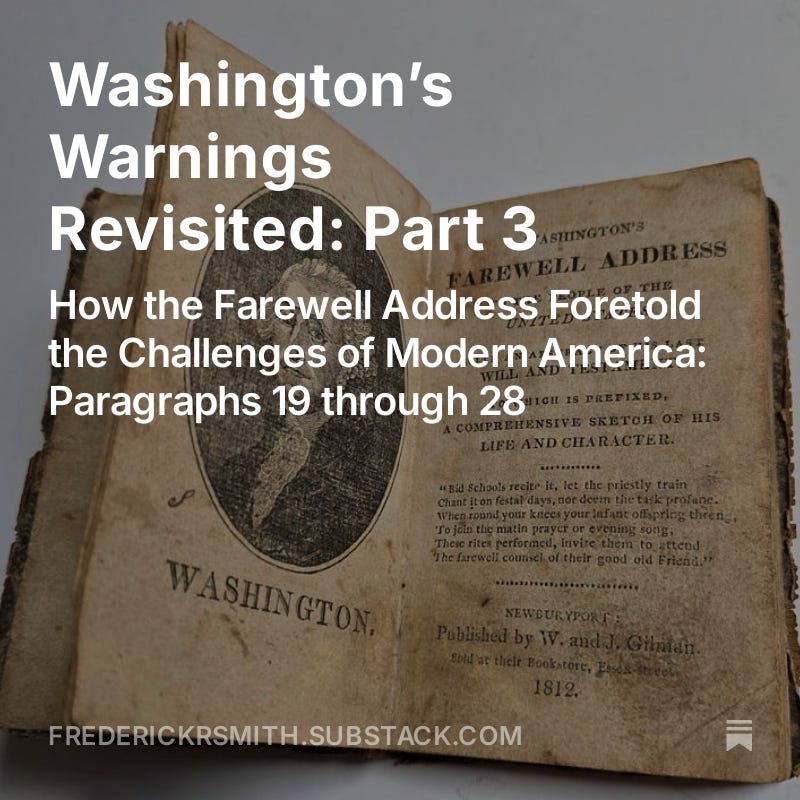

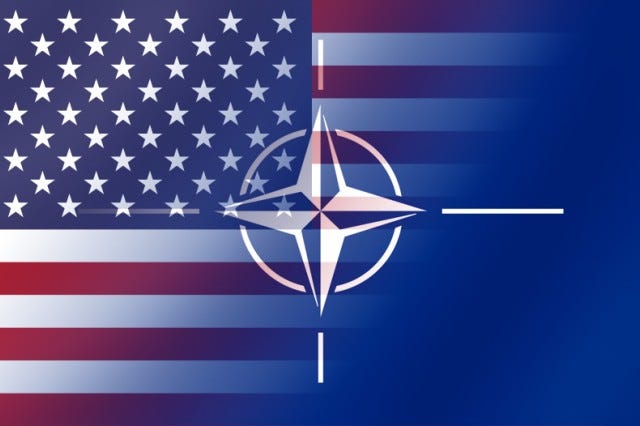
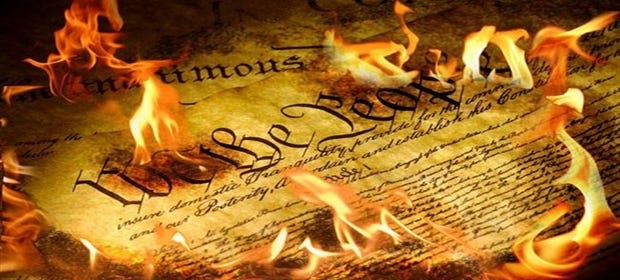
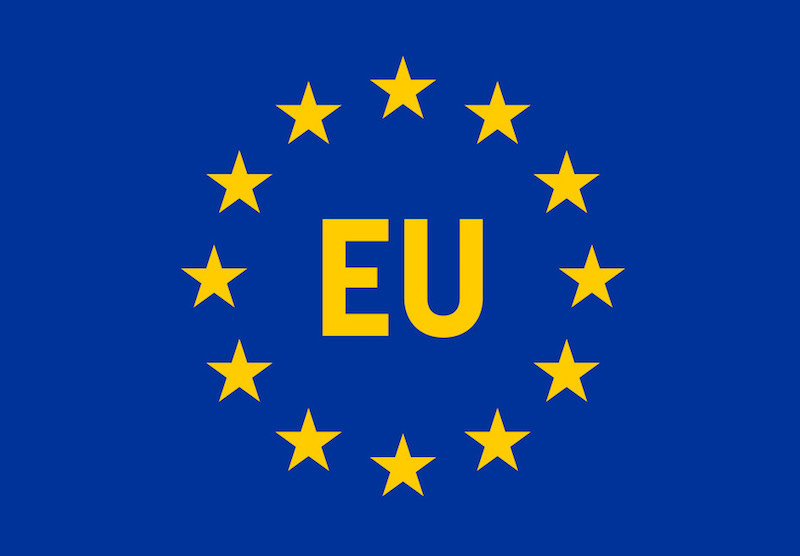
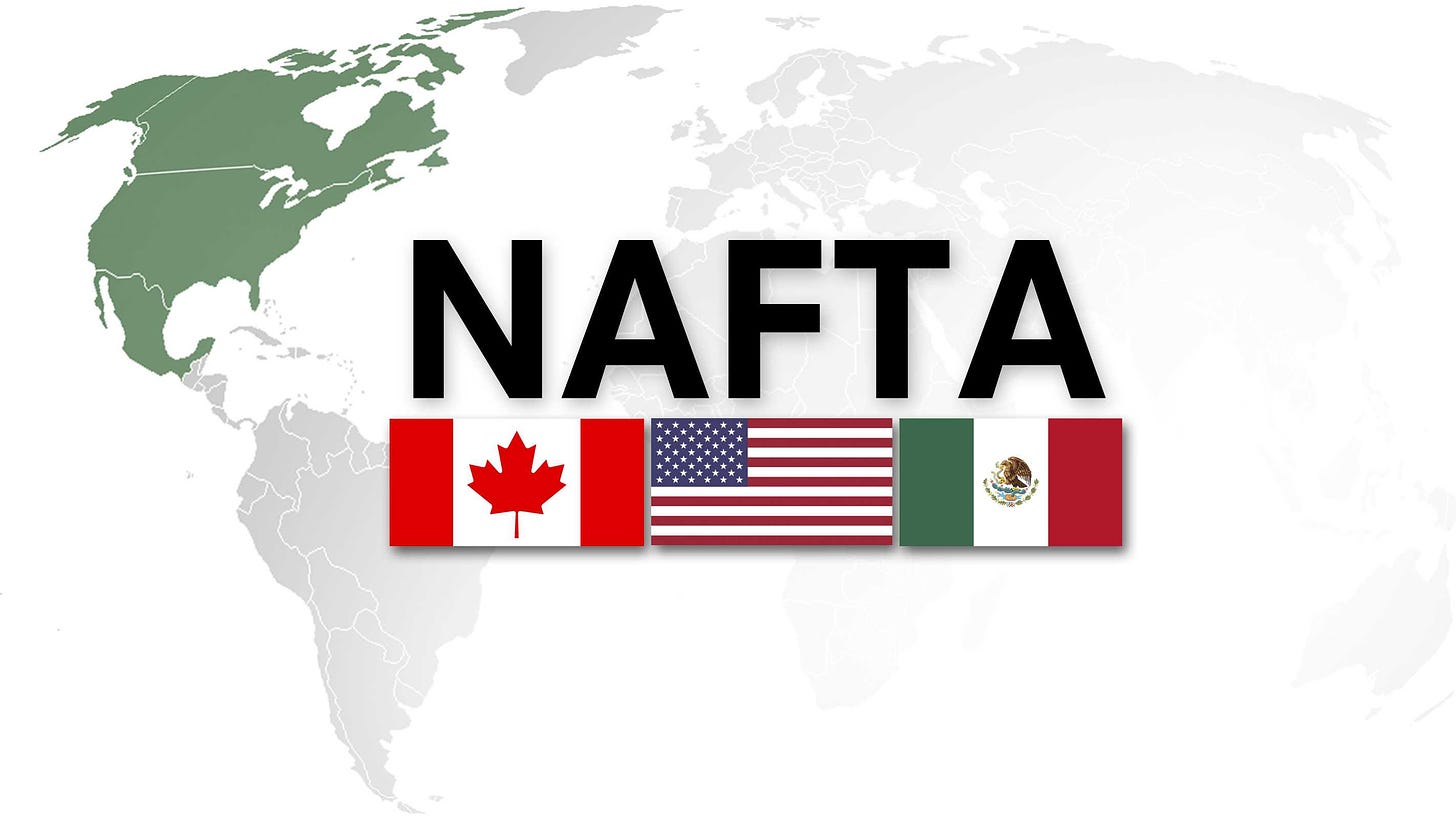
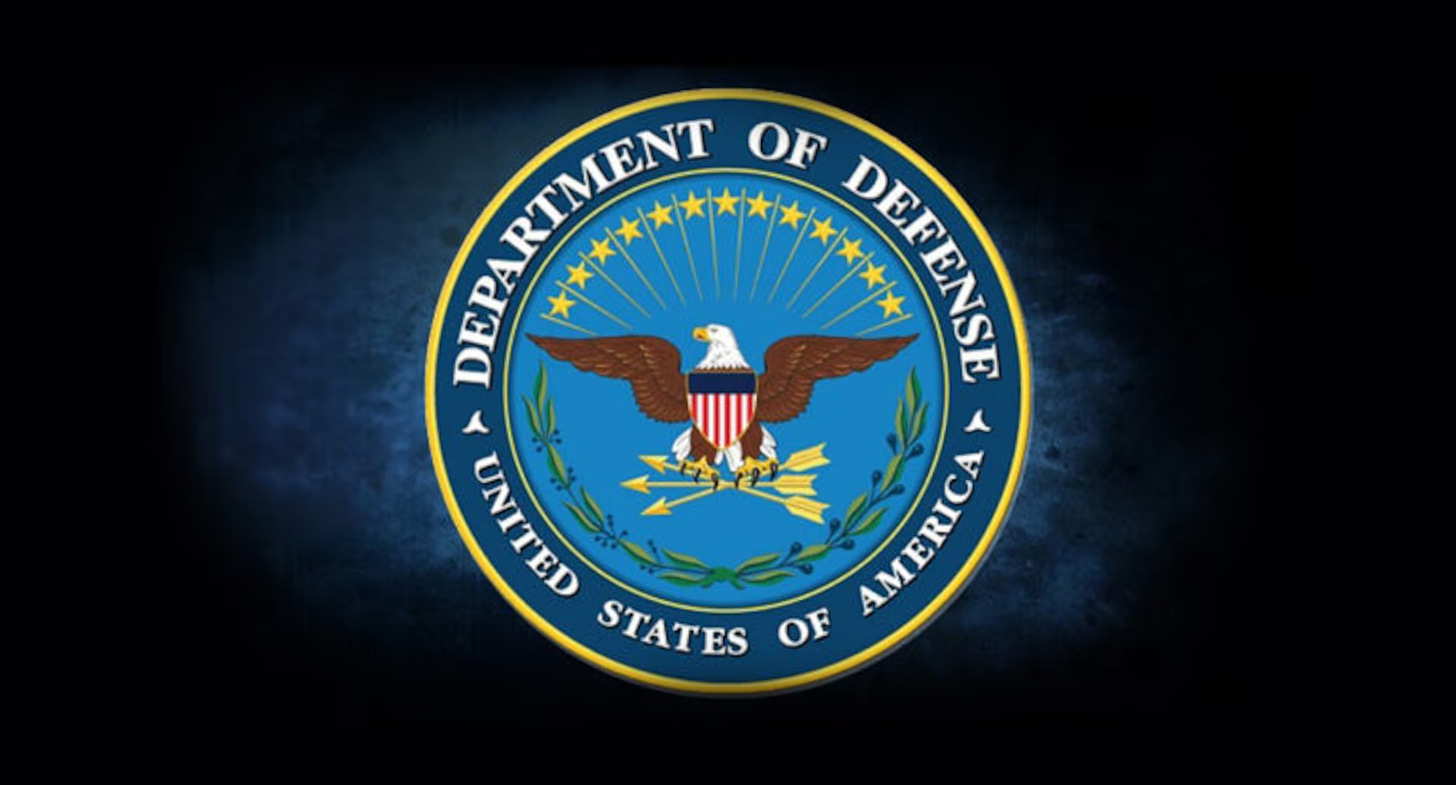


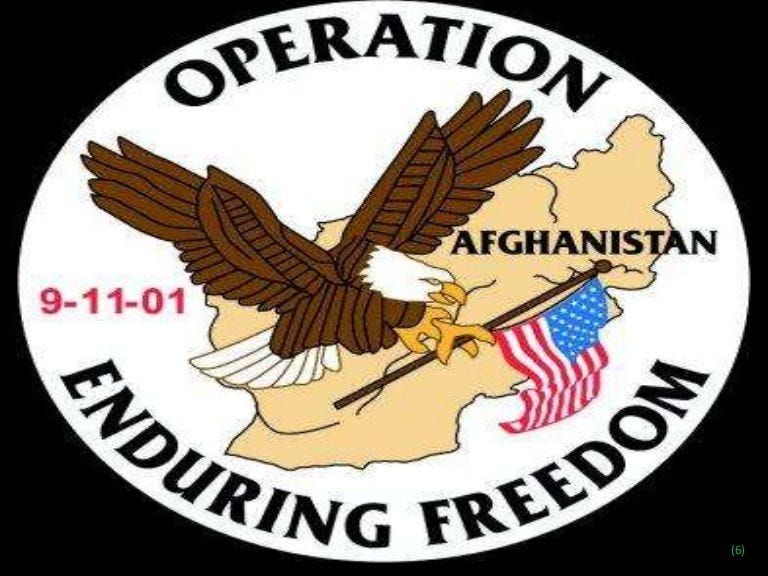
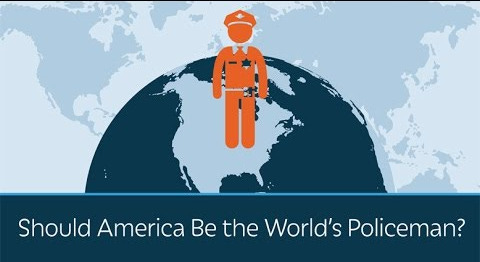



Frederick R. Smith, have you sir ever read (of heard) any farewell address you would deem superior. I have not, not even Reagan's speech rises to this level, although it does approach it.
-Edwin
Thank you Abigail!